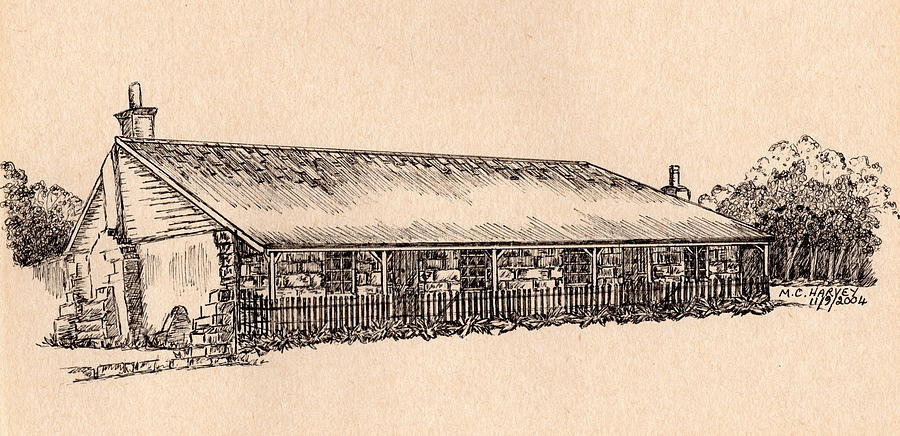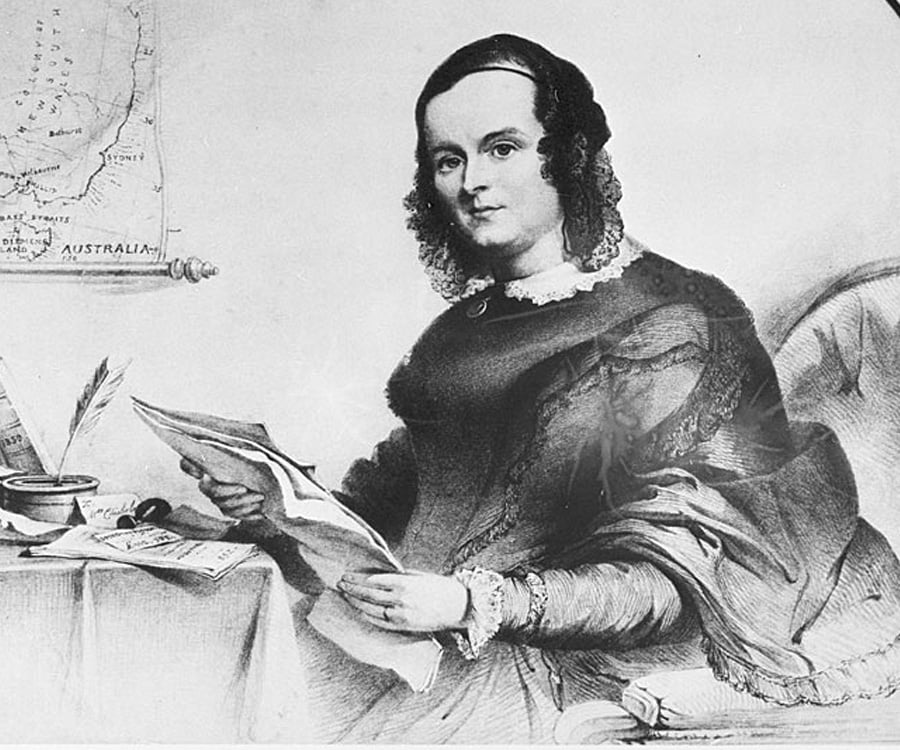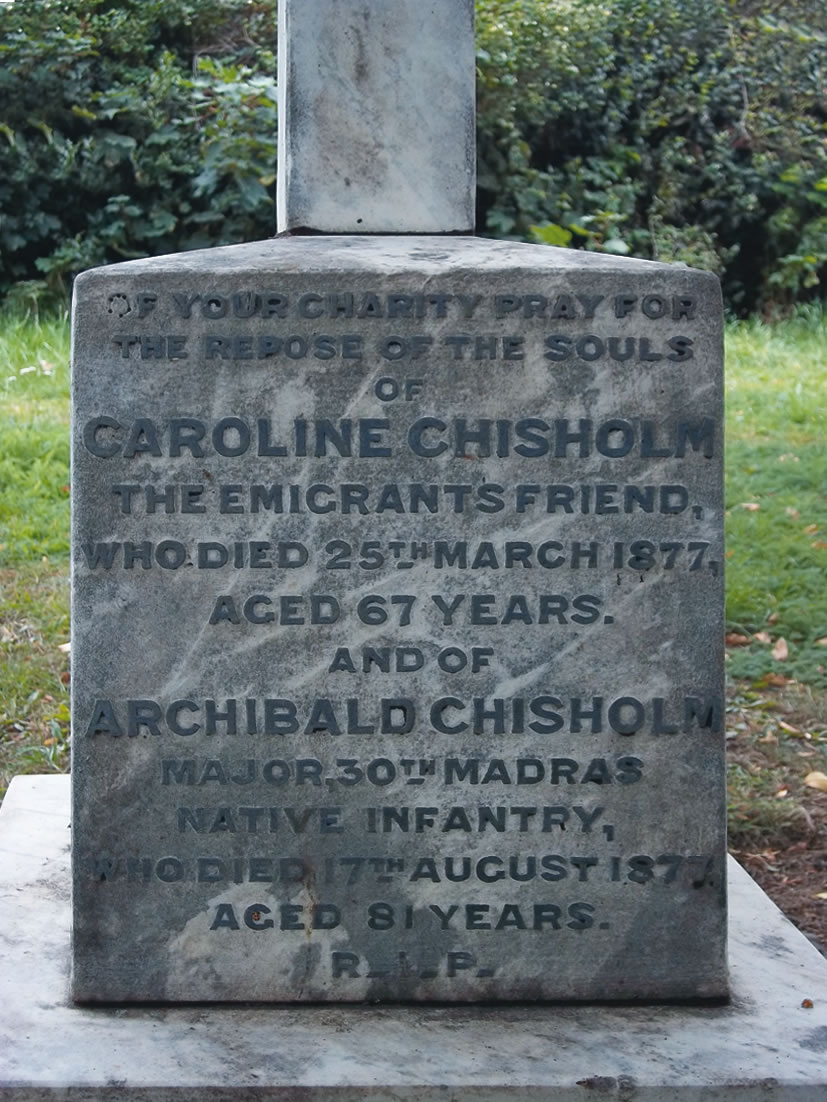There was a time when our currency from every country reflected the pride in our national history. The same with stamps. It was pictorial record of who we were. It was something we saw every time we opened our wallet or sent a letter. Now? No letters and no cash if the government has their way.
How many of us look at our currency? These days, not so much. Digital currency is all the rage. But there was a time when a great woman was on the Australian $5 note. There are remarkable individuals whose tireless efforts leave a mark on society. Caroline Chisholm was one such visionary who dedicated her life to championing the underdog.
She is off the currency now, and has been replaced by an image of parliament in Canberra. So let us look at who has done more for helping the Aussie Battler: Caroline Chisholm or Parliament?
As I said, these days, how long has it been since you had a $5 note in your wallet? But next time, you look in your wallet, look at the images on your money. And wonder why they were honoured.
Apparently, today, Canberra is more worthy of honour than Caroline Chisholm.
So who was she?
Caroline Chisholm's pioneering work during the 19th century transformed the lives of countless immigrants, especially women and children, and her legacy continues to inspire us.... or at least, those of us who have even heard of her.
As our education of children declines, I suspect very few.

Caroline Chisholm was born on May 30, 1808, in Northampton, England. From an early age, she displayed a keen sense of empathy and a strong desire to alleviate suffering. After receiving a solid education, Caroline married Captain Archibald Chisholm, a devoted husband who supported her in her endeavours.
Back then, in the era when we were " invading " Australia, there were no " Welcome to Country Ceremonies " ( invented by Ernie Dingo in the 1970's by the way ) and no government handouts.
You came, you got off the boat and stood on the dock, no doubt wondering what the hell you had gotten yourself into.
The transportation of prisoners to Australia as a penal colony was peppered with free settlers: people who actually came here to find a new and better life.
The Industrial Revolution led to an increase in petty crime because of the economic displacement of much of the population, building pressure on the government to find an alternative to confinement in overcrowded prisons.
About 60,000 convicts were transported to the British colonies in North America in the seventeenth and eighteenth centuries, under the terms of the Transportation Act 1717. Transportation to the Americas ceased following Britain's defeat in the American Revolutionary War.
Australia began receiving these prisoners in 1786 and by 1838, when Caroline Chisholm arrived in Australia, many non-prisoners - ordinary people were fleeing the old countries to find a fresh start. There was no dole. No social welfare. No migrant advocacy. You landed. You made your own way and failed or succeeded. It was up to you.
And these were the people that Caroline Chisholm sought to help. Her most notable work revolved around the plight of immigrants in Australia, where she and her family moved in 1838. However, the conditions the new migrants faced upon arrival were abysmal, particularly for women and children. Caroline recognised the urgent need for support systems and fought relentlessly to address these issues.
One need only look at her background to see that she was a woman with a mission.
Reared in the tradition of Evangelical philanthropy, at 22 she agreed to marry Captain Archibald Chisholm of the East India Co., but on condition that her philanthropic work should continue. He was thirteen years her senior and a Roman Catholic, which may have influenced her conversion to Catholicism about this time. Chisholm was posted in 1832 to Madras where Caroline founded the Female School of Industry for the Daughters of European Soldiers.
The Chisholms decided to spend leave in Australia and arrived in Sydney in September 1838; they settled at Windsor, where Caroline remained with her three sons when Chisholm was recalled to active service in 1840. Although New South Wales was then passing into depression, rural labour was needed, but the government had no plans for dispersing the throngs of assisted immigrants who remained in Sydney without employment. Mrs Chisholm met every immigrant ship and became a familiar figure on the wharves. She found positions for immigrant girls and sheltered many of them in her home source
One of Caroline Chisholm's primary concerns was the lack of employment opportunities for female immigrants. Understanding that financial independence was crucial for their well-being, she established the Female Immigrants' Home in Sydney.

In January 1841, she presented a plan for a girls' home to Governor and Lady Gipps, as well as the proprietors of the Sydney Herald. Despite facing discouragement and anti-Catholic sentiment, she convinced Governor Gipps that she was a selfless philanthropist and was granted the use of part of the old immigration barracks for her Female Immigrants' Home. The home, entirely dependent on public donations, provided shelter for up to ninety-six women, and it also housed the only free employment registry in Sydney.
The institution provided accommodation and training, ensuring that women were equipped with the skills needed to secure employment. Caroline also actively campaigned for equal pay and better working conditions, championing the rights of female workers.
Another area where Caroline Chisholm made significant contributions was in the field of education. Recognising the transformative power of education, she established schools for children and initiated campaigns to improve access to quality education for all. Additionally, Caroline worked tirelessly to improve healthcare and social welfare services for the underprivileged, advocating for the establishment of hospitals and orphanages.

Charles Dickens provided significant support to the society, advertising it in Household Words in 1851-1852.
In October 1854, she toured the Victorian goldfields, and in November, at a meeting in Melbourne, she proposed the construction of a series of shelter sheds along the routes to the diggings. With some government assistance, ten sheds were under construction by the end of 1855. Due to her firm belief in the beneficial effects of a small farming class, she advocated for unlocking the lands.
Caroline Chisholm's rejection of material rewards and public recognition contributed to her relative obscurity in her later years in Australia. Although she was almost unknown to the new population of gold seekers, many of her earlier objectives were embraced by the changing society. In June 1866, the Chisholms left for England, where they received a pension of £100. They initially lived in Liverpool and later resided in modest lodgings in Highgate, London. Mrs. Chisholm passed away on March 25, 1877. Her husband died the following August and was buried alongside her in Northampton. Their shared grave bears a headstone inscribed with the words "The Emigrant's Friend."

Caroline Chisholm's unwavering dedication to social reform and her pioneering efforts in advocating for immigrant rights left an enduring impact on Australian society. Her tireless work in empowering women, reuniting families, and improving social welfare systems laid the foundation for future generations to continue the fight for equality and justice. Today, her legacy is remembered through various institutions and initiatives bearing her name, such as the Caroline Chisholm Society, which continues to support women and families in need.
Caroline Chisholm's life and work serve as a testament to the power of compassion, determination, and the ability of one individual to effect meaningful change.
Yet, she was removed from the $5 note and replaced with an image of parliament.

Still, I suppose it is almost right in many ways.
Because our current government is most certainly the emigrant's friend.
But I have to wonder if they are a friend of Australia?
What worries me is that this might be the next issue.

BLOG COMMENTS POWERED BY DISQUS



















































